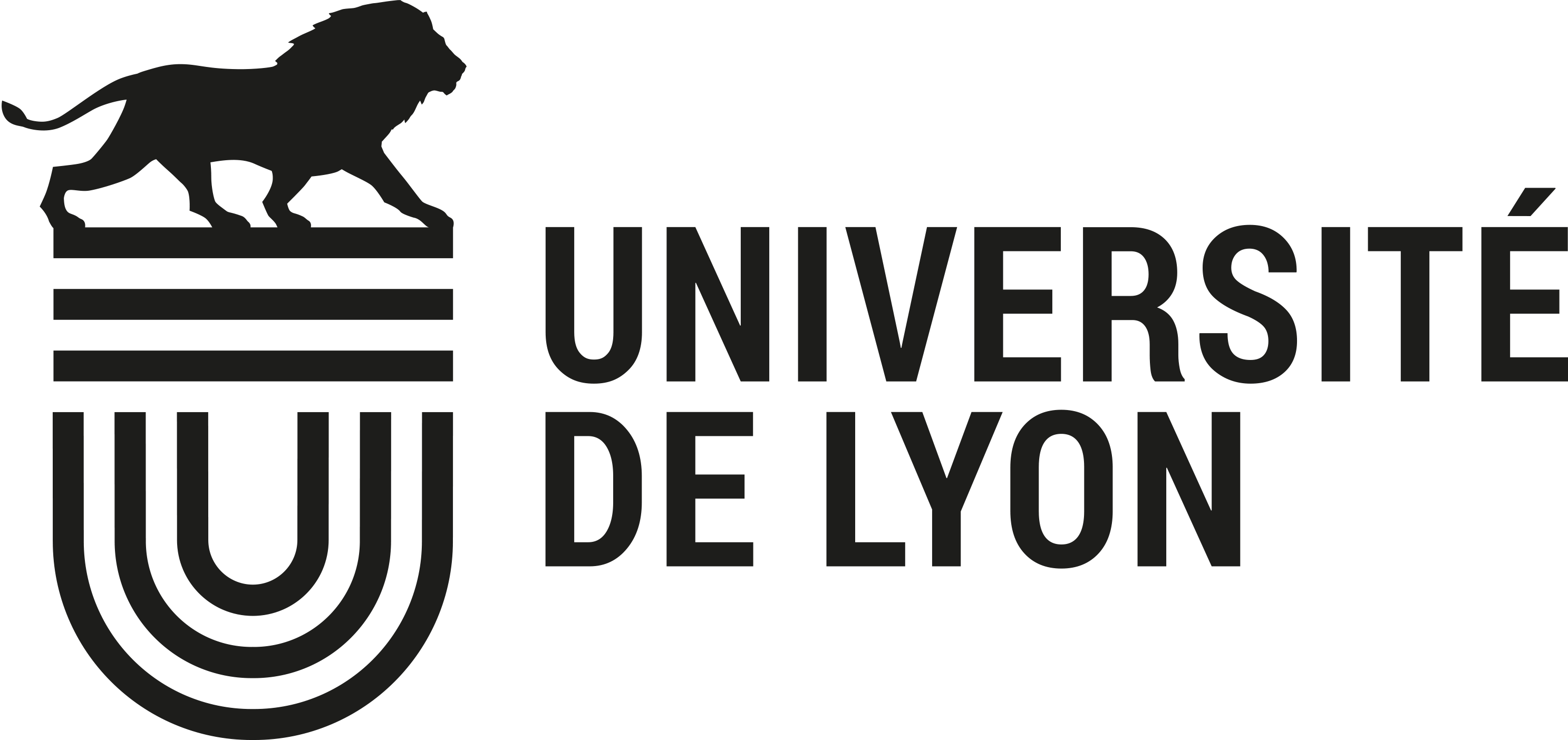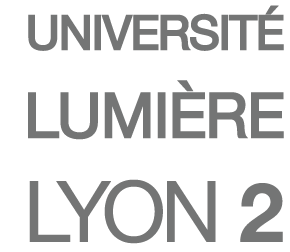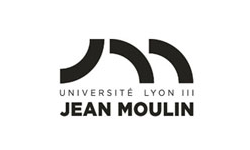Conférences du Professeur Tristram Wolff (Northwestern University)
Tuesday April 4th, 15h-16h30 (Bâtiment Buisson, room D8 003)
Giving Language Time: The Chronopolitics of the Stone in Early Romantic Poetry
In this talk, Prof. Wolff will introduce his recent book, Against the Uprooted Word: Giving Language Time in Transatlantic Romanticism (Stanford UP, 2022). The talk addresses several of the book's major themes, in particular the term "gray romanticism," and the question of what it means not just to historicize language, but to give language time. In doing so it dwells on romantic-era convergences among poetry, geology, and language study; and, taking the British poet William Blake (1757-1827) as an example, makes an argument for the broad significance of tropes that "hear" stone, or give stone linguistic agency.
Monday April 17th, 14h-15h30 (room D2 104)
Henry Thoreau's Last Words
This talk expands on what it means to give language time, this time working out the mixed legacy of American romantic Henry David Thoreau as a linguistic thinker. In Thoreau's works, various voices emerge out of experiments cohabitating with his surrounding "wilderness"; but troublingly, for Thoreau voices of the wilderness include the Abenaki and Penobscot companions who accompanied him on his trips to the Maine woods. The talk reexamines how Thoreau's linguistic virtuosity, and preoccupation with studying indigenous lifeways, mixed uneasily in the rhetorical practice of settler colonial "lasting," which relegated Native American life and language to the past tense.
Wednesday April 19th, 11h-12h30 (room D2 110)
Not Feeling It: Affect as Critique in the Romantic Essay
In a more informal presentation, I'll talk about a work in progress focused on the British romantic critic and essayist William Hazlitt. Engaging with the long, gendered history of "emotivism," or the tendency to try to separate the language of feeling from the language of reason, I want to foreground Hazlitt's representative romantic anti-utilitarianism by treating his devotion to affect as a legitimate mode of critical thought. I'll be looking especially at his late essay collection The Plain Speaker (1825) as it reflects various possible influences, from an earlier generation of influential British literary critics (Joanna Baillie, Anna Barbauld, Elizabeth Inchbald) to some of Hazlitt's continental interlocutors (A. W. Schlegel, Stendhal, de Staël).
Responsable : M. Lacy Rumsey (lacy.rumsey@ens-lyon.fr)



